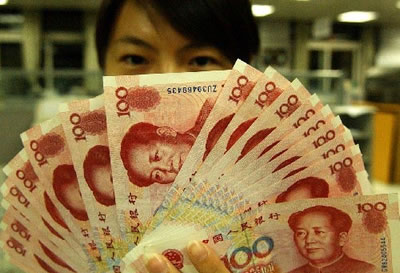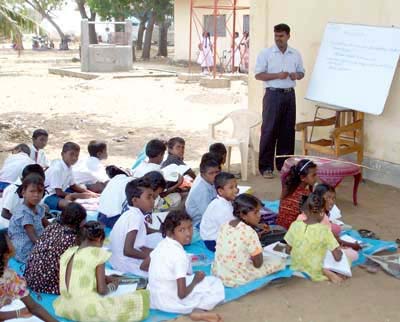Sri Lanka might — but probably won't
“Would Sri Lanka be better off wagering on the intelligence of President Rajapakse and his relatively small circle, or on the creativity and hard work of a broader entrepreneurial class? The fact that foreign direct investment, and domestic long-term investment money, is sitting on its hands a year and a half after the war is a sign of which side of that bet the market is taking.”




